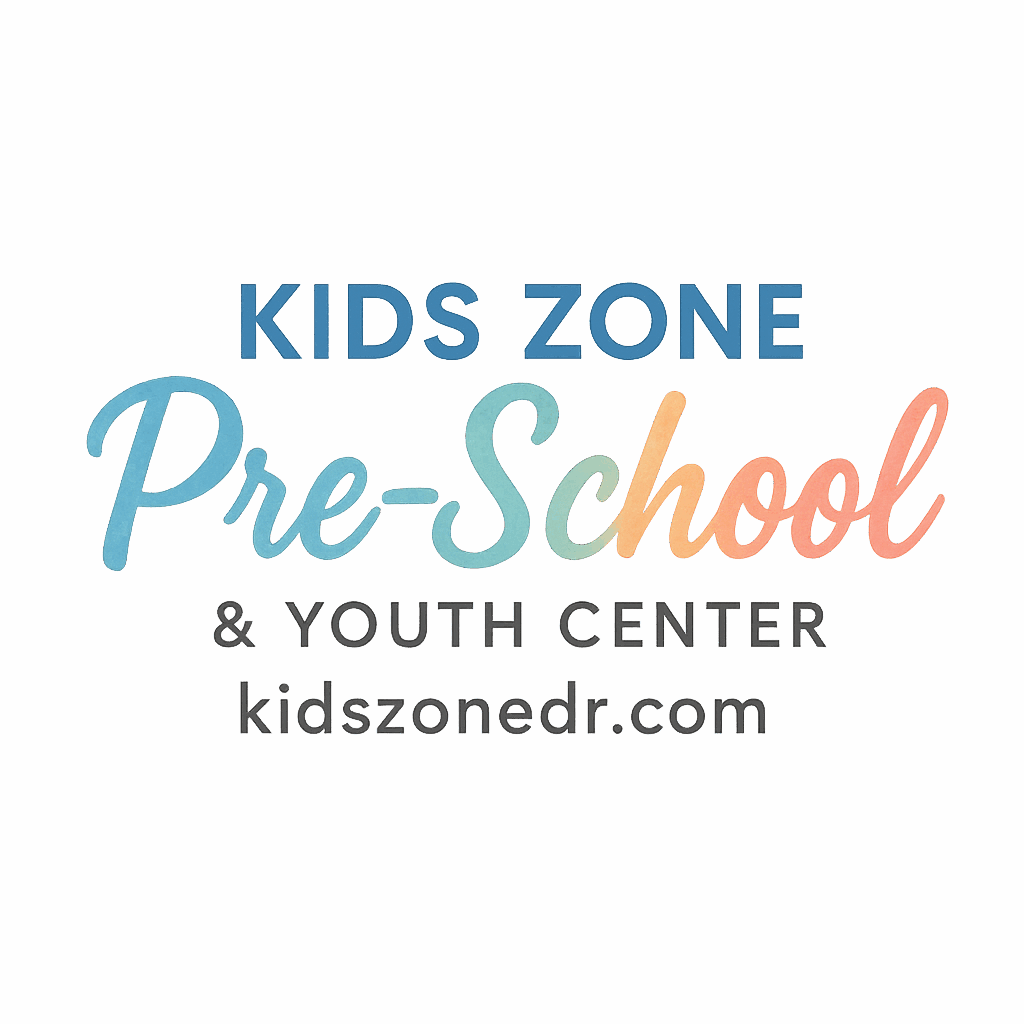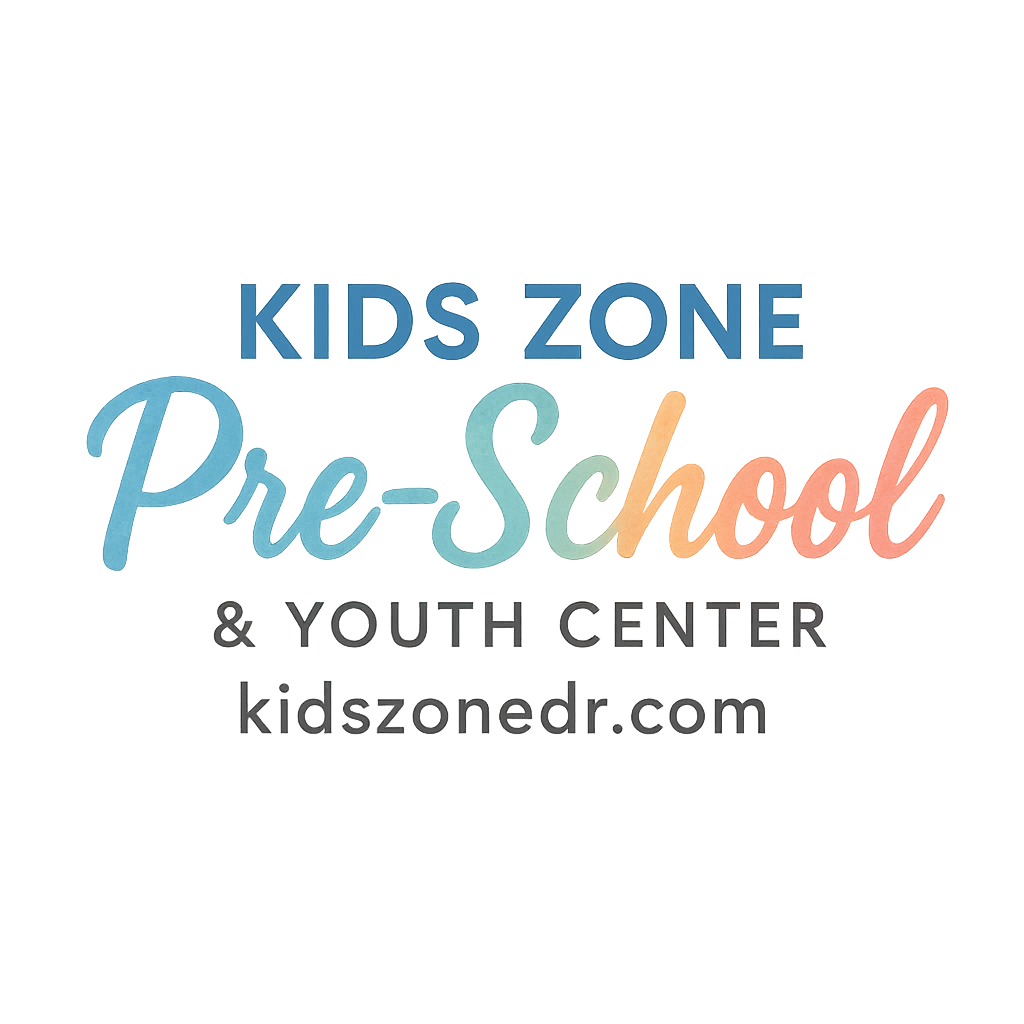Introduction
Let’s be honest—little kids are adorable, but they’re also tiny tornadoes of germs and chaos. That’s why preschools don’t just teach ABCs and 123s—they also double as the frontline for teaching essential health and hygiene habits. These early lessons stick with children and set the tone for a lifetime of wellness.
In this post, we’re diving into the top 10 health and hygiene habits preschoolers learn. These aren’t just cute routines—they’re life skills. And believe me, the earlier they’re learned, the better!
Internal links throughout will connect you to further in-depth content on preschool structure, daily routines, learning development, and health & safety topics.
Why Health & Hygiene Matter in Early Childhood
You might wonder—why teach hygiene in preschool? Simply put, it’s about creating habits that stick. Preschoolers are in a critical developmental phase where they absorb behaviors like sponges. Reinforcing good hygiene reduces illnesses, boosts confidence, and lays a foundation for social skills.
And let’s face it—nothing says school readiness like knowing how to wash your hands or use a tissue without creating a scene.
How Preschools Introduce Health & Hygiene
Creating a Routine Through Repetition
Kids thrive on routine. In preschools like those highlighted on KidsZoneDr, repetition is the secret sauce. Doing the same health habit daily—like handwashing before snacks—helps it become second nature.
Visual Aids and Songs for Learning
Ever heard the “wash your hands” song? These fun cues make hygiene habits easy to remember and enjoyable. Visual charts near sinks, bathrooms, and snack areas help reinforce behavior, even when teachers aren’t around.
10 Essential Health & Hygiene Habits Taught in Preschool
1. Handwashing Techniques
The Right Way to Wash Hands
Handwashing isn’t just a splash-and-go situation. Kids are taught to:
- Use warm water and soap
- Scrub for at least 20 seconds (hello, “Happy Birthday” song!)
- Rinse thoroughly
- Dry hands properly
When Kids Are Taught to Wash Hands
Key moments include:
- Before eating
- After using the bathroom
- After outdoor play
- After coughing or sneezing
Daily routines in preschool make this habit stick quickly.
2. Brushing Teeth Daily
Teaching Dental Hygiene Early
Dental care is introduced through demonstration and pretend play. Some schools include brushing after lunch as part of their healthy habits curriculum.
Making Brushing Fun
Colorful brushes, timers, and brushing songs? Total game changers. Teachers show kids how to cover all teeth surfaces and rinse properly.
3. Covering Coughs and Sneezes
Using Elbows Not Hands
Kids are coached to cover their mouths with their elbows—not hands—to prevent the spread of germs. It’s part of developing wellness routines.
Hygiene Etiquette
From “excuse me” to reaching for a tissue right after, this habit also teaches social courtesy.
4. Using Tissues and Disposing Properly
Blowing Noses the Right Way
Yes, even nose-blowing is taught! Kids learn how to:
- Use tissues gently
- Avoid using their sleeves (a preschool classic!)
- Wash hands after
Trash Bin Training
Tossing tissues in the trash and not on the floor—simple, but vital.
5. Cleaning Up After Themselves
Personal Responsibility and Tidiness
Whether it’s putting toys away or wiping tables, kids are encouraged to clean up their messes—teaching hygiene and responsibility in one go.
It’s part of a preschool’s larger goal of building confidence and independence.

6. Proper Bathroom Etiquette
Toilet Training Support
Even if they’re already potty trained, preschools continue reinforcing proper bathroom use—flushing, wiping correctly, and being respectful of others’ privacy.
Washing Up Afterwards
Handwashing after bathroom use is a must—and teachers monitor and guide to ensure it’s done right.
7. Healthy Eating Habits
Nutrition Basics for Kids
Teaching healthy choices isn’t about calorie counts—it’s about variety, colors, and balance. Kids learn to:
- Try new fruits and veggies
- Understand portions
- Eat slowly and mindfully
Explore more about healthy eating in preschools through the KidsZone blog.
Exploring Foods Together
Tasting sessions, food-related crafts, and group meals help make nutritious food exciting.
8. Staying Hydrated
Drinking Enough Water
Preschools encourage drinking water instead of sugary drinks. Teachers regularly prompt water breaks, especially after outdoor play or during warm weather.
Recognizing Thirst Signals
Kids learn to listen to their bodies and ask for water when thirsty—an early form of self-care.
9. Dressing for the Weather
Seasonal Clothing Choices
Layer up in winter, wear hats in summer—kids are taught to pick appropriate clothing, with guidance. This habit ties into larger lessons about daily schedules and routine-building.
10. Recognizing When to Rest
Teaching Kids to Listen to Their Bodies
Whether it’s rest time after lunch or learning to slow down when tired, preschools help kids recognize signs of fatigue. It’s a core part of child development and wellness.
The Role of Teachers and Parents in Reinforcement
Collaboration Between School and Home
Health habits stick best when both teachers and parents reinforce them. That’s why parent involvement is so key. Learn more about parental involvement and its impact.
Importance of Consistency
Kids love predictability. When routines are the same at school and home, behaviors get locked in.
Building Healthy Routines for Lifelong Impact
Health and hygiene aren’t just lessons—they’re lifelong tools. Preschool teaches the foundation, but it’s the reinforcement and modeling by adults that cement them. These routines help shape confident, independent, and healthy little humans.
Conclusion
Health and hygiene habits may seem basic, but for a preschooler, they’re superpowers. They prevent illness, promote social skills, and foster independence. Preschools like those featured on KidsZoneDr do more than babysit—they empower. Whether it’s learning to wash hands like a pro or choosing broccoli over cookies (okay, most of the time), these lessons stick.
So next time you see a preschooler wiping their nose or covering a sneeze, smile. That’s the power of early education at work.
FAQs
1. What age should children start learning hygiene habits?
Children can start learning hygiene basics as early as 2–3 years old, but preschool (ages 3–5) is the perfect time to reinforce them daily.
2. Do preschools teach kids to brush their teeth?
Yes, many preschools incorporate dental hygiene, often through pretend play or after-lunch brushing routines.
3. How do I continue hygiene routines at home?
Keep routines consistent! Use charts, fun songs, and mirror school routines for reinforcement.
4. What if my child struggles with handwashing or hygiene?
Make it fun. Use songs, stickers, or rewards. Teachers can also offer tips to reinforce the same behavior at home.
5. Why is hygiene education important in preschool?
It reduces illness spread, builds independence, and promotes confidence in social settings.
6. What role do parents play in reinforcing hygiene habits?
A big one! Preschool lays the foundation, but parents model and reinforce these habits daily.
7. Where can I find more info about preschool habits and development?
Check out KidsZoneDr, especially their guides on choosing the right preschool and child learning development.


